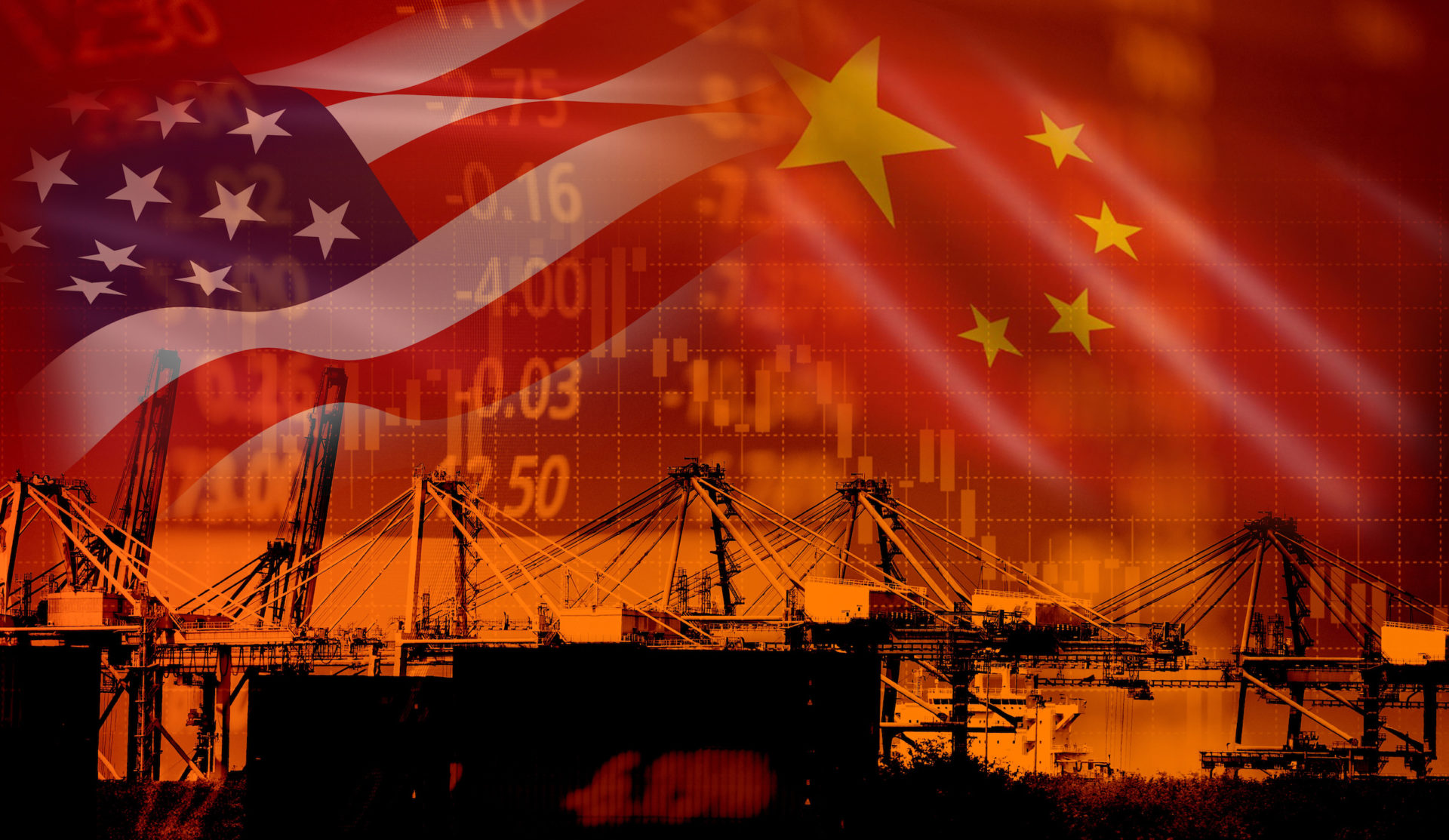Politics. It seems like we can’t escape it, even in the foundry world. However, when you are as important to the national economy as we are, politics is inevitable. Our industry lies at the base of several others. Transportation relies on us to make engine blocks, gas tanks, and more. That, in turn, affects the food industry, which relies heavily on the semi-trucks that we make parts for. Farming, of course, wouldn’t have tractors, combines, or pumps it weren’t for us. Even the mighty Amazon would not have gotten far without us. Of course, we can’t forget the role of foundries in building our nation’s roads, bridges, radio and cell towers, and all the rebar reinforcing every concrete structure in the land.
All of this means that the foundry industry and everyone in it is a vital part of the national infrastructure of the United States. This has been emphasized more than at any point since World War Two by the results of various responses to COVID-19 since January of 2020. The combination of shutdowns and changes in buying habits have strained the supply chain in unpredictable ways. It has also exposed our dependence on China like never before, which has prompted a move to decouple from that nation and rebuild our national manufacturing base.
Working Towards Change
The American Foundry Society (AFS) has seized on these opportunities, lobbying Congress to ensure that the foundry world isn’t getting short-changed in any new infrastructure bills or tax changes.
Just imagine if Congress were to pass a significant tax increase on businesses like ours, especially the dreaded Value-Added Tax (VAT)? That would increase costs not just for us but for everyone, as the tax increase would require the price of our products to go up, which would cause an inflationary ripple effect through the economy. That is especially true in the case of the VAT. We’d be taxed on every stage of developing a piece of ore into a steel girder. The only people who would benefit from that are accountants who would have to work overtime to keep track of it.
The Foreign Influence
No doubt everyone is aware of the low quality of Chinese steel. AFS has successfully lobbied to ensure that Customs will be paying more attention to the quality of imported materials, ensuring that if businesses do insist on buying overseas, the quality will be closer to what we are capable of, which will necessarily make the price more on a par with our products.
Workforce Demand
Another significant focus of the AFS has been addressing the worker shortage. While COVID’s response certainly hasn’t helped any, the truth is that it’s been challenging to get enough workers in our foundries for years. For a long time, people felt the need to go into office-related work, usually in the corporate world. Fortunately, there has been renewed interest in the trades and all kinds of hands-on work as people re-evaluate priorities in the wake of increasing student debt. Unfortunately, there is still little help available for young people wanting to pursue careers related to metal casting.
Another facet of the issue being worked on is making it possible for younger drivers to enter the industry as long as they can meet the necessary requirements. That is why the AFS has been working to open up Pell grants to programs related to the industry, as well as making them entirely tax-free. All of that will help increase the number of people coming into the foundry world, which will, in turn, help us meet increased demand and keeping the business of foundry work at home.
The world is going through some significant changes, but one thing has remained constant. The foundry industry is a vital part of our nation’s economy, and it always will be.



